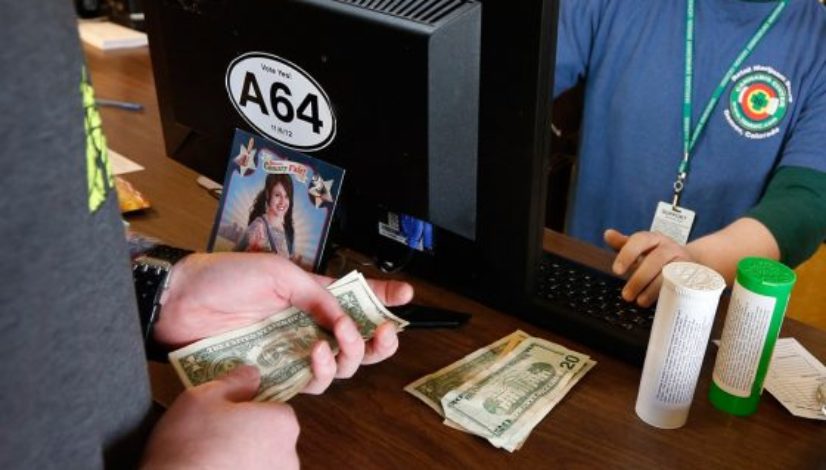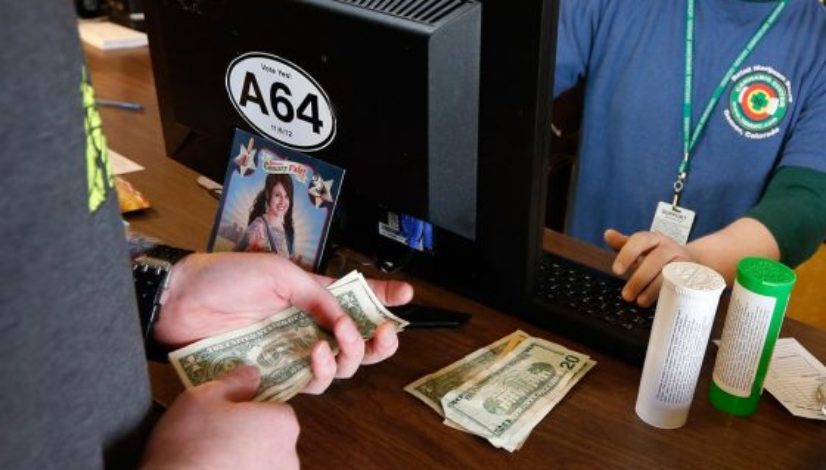Denver wants to raise retail marijuana taxes to boost affordable housing fund

Denver marijuana buyers would help pay for an expansion of Denver’s 10-year, $150 million affordable housing fund under a plan that includes borrowing to amp up apartment production.
Mayor Michael Hancock and other city officials have been under pressure from City Council members and affordable housing advocates for more than a year to boost the city’s investment in addressing Denver’s housing crisis, and they unveiled their plan Monday morning. If key components of the new plan win council approval this summer, the city would partner with the Denver Housing Authority to issue $105 million in bonds to underwrite affordable housing projects and acquire new land for income-qualified housing.
The upshot: In the next five years, the city’s current plan to subsidize the building or preservation of 3,000 income-restricted apartments and other housing units would be boosted to 6,400.
A large chunk would come from accelerated DHA housing projects, and much of the increased housing production would be targeted to the lowest-income group of potential residents, those making up to 30 percent of the metro area’s median household income. For an individual, that limit currently is $18,900 a year. For a family of four, it is $26,960.
Here is where marijuana comes in: The city’s 3.5 percent special tax on recreational marijuana sales would increase to 5.5 percent, a hike that requires the council’s approval. (Denver voters authorized a tax of up to 15 percent several years ago.)
Read the full story on The Denver Post
This story was first published on DenverPost.com




